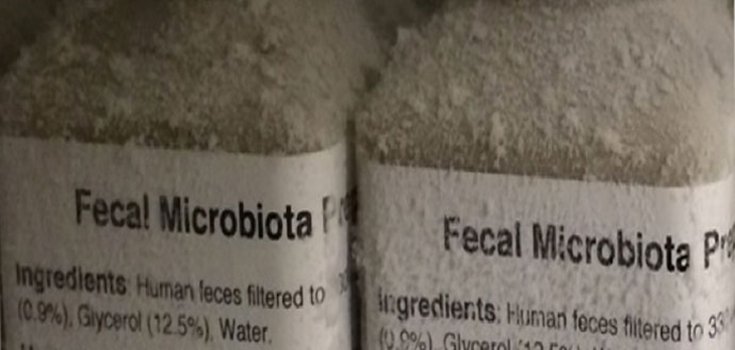Dutch “Poop Bank” Will Offer Treatment, Research of C. Diff

Going to the bathroom has deep meaning in the Netherlands – now that its first “poop bank” has opened.
The Dutch Donor Feces Bank (NDFB) is open for business at the Leiden University Medical Center (LUMC), bringing new reason and meaning to relieving oneself. The bank was set up in an effort to reduce the prevalence of infection by Clostridium difficile, or C. diff, bacteria in the human digestive tract.
There are about 3,000 reported C. diff cases in the Netherlands each year, often occurring after a course of strong antibiotics to treat other illnesses. In about 5% of cases, C. diff causes 3-5 daily bouts of foul-smelling, watery diarrhea, which may be bloody and is often accompanied by abdominal cramping and pain. About 5% of C. diff cases become chronic. [1]
C. diff is extremely difficult to treat because the bacteria are very hearty and resistant to antibiotics – the same medications that cause it. Fecal microbiota transplantation (FMT), a.k.a. poop transplants, has been proven to help C. diff patients.
The process involves taking stool samples from healthy individuals, and delivering them to the NDFB where they are transformed into a product that can be deposited into the patient’s gastrointestinal tract via colonoscopy. This introduces healthy bacteria to the patient’s system. The NDFB will collect, store, and distribute the samples.
“Our poop bank will help give doctors and hospitals access to transplants of fecal matter,” Ed Kuijper, professor of microbiology at Leiden University, told AFP.

Donors must be “in good health, neither too overweight nor too skinny and must have good intestinal flora,” he explained.
But if you’re a college kid living in the Netherlands who is looking to make a few extra beer bucks, you’re out of luck; unlike the U.S.’s 2 poop banks, the NDFB won’t pay you for your “contribution.” [2]
And it’s not as easy to find a healthy loaf as you might think. For example, OpenBiome, one of the poop banks in the U.S., accepts only about 4% of applicants. The NDFB, on the other hand, hopes that stool donation will become common and widely accepted, even though right now it’s a rather unsavory thought.
“Stool donation isn’t established yet, in the way that giving blood is,” Kuijper said. “I think it’s a matter of getting used to it.” [3]
The LUMC provides training for the doctors who will perform the transplants. Right now, about 3 or 4 of the procedures are carried out each month in the Netherlands, but that number is increasing rapidly.
The bank will also research the application of fecal transplants for disorders such as Crohn’s disease, ulcerative colitis, the presence of resistant bacteria, and intestinal disorders caused by infections.
Sources:
[1] Breitbart
[2] AFP
[3] Good
Featured image source: CurrentsinBiology.tumblr
